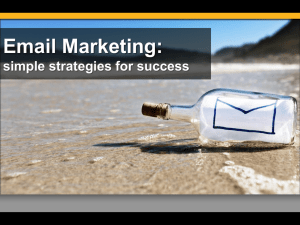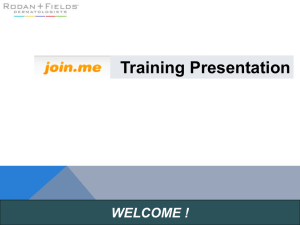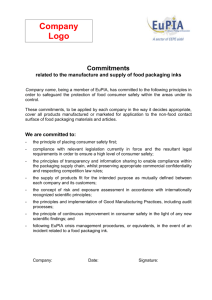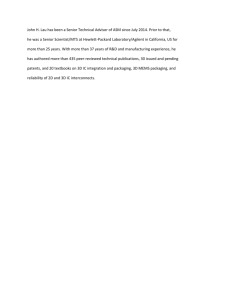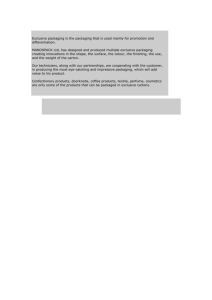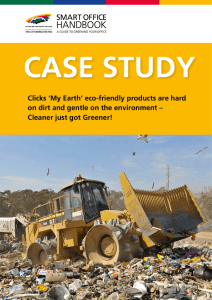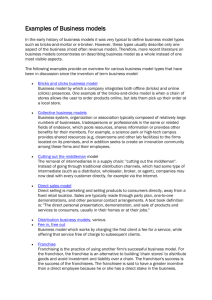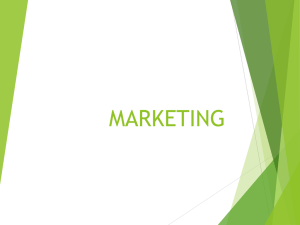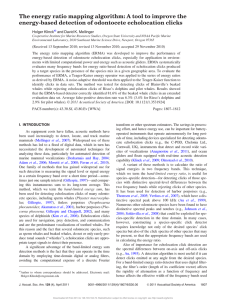Clicks’ pioneering water bottle packaging is good news for the environment.
advertisement
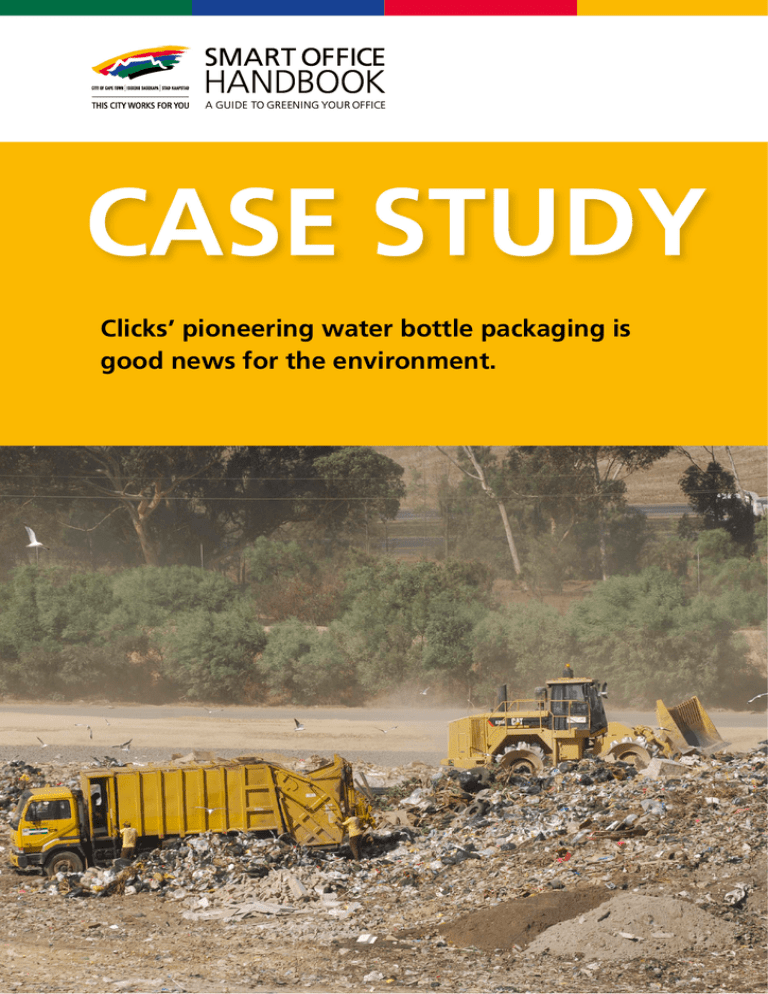
Clicks’ pioneering water bottle packaging is good news for the environment. Clicks water bottle packaging Since the 1990s, spring and mineral water have become more widely available and over 200-billion bottles are sold each year. The global bottled water market is worth more than R420-billion, but there are many concerns about the sustainability of the industry. Experts at the US-based Pacific Institute, for example, have estimated that each litre of water sold takes three litres of water to produce. Besides the water that is needed to produce these bottles, a high amount of energy also goes into the production of bottled water. The Institute estimates that if you would quarter-fill each bottle of water that is produced with oil, you’d have a good idea of how much energy is needed to produce the water that you can buy almost anywhere in the world. Clicks, which is responsible for the sale of over 2,5-million bottles of water each year, has noted that radical changes need to be made. The company’s recent venture with Extrupet made it the first retailer in South Africa to make use of 25% of PhoenixPET in its bottled water packaging. PhoenixPET has been used for other food-grade items, such as sandwich trays and juice bottles at other retailers, but Clicks is the first to use it for bottled water. “We were looking for a way to reduce the carbon footprint of the water we sell, and Extrupet offered us the technical knowledge we required to make this possible,” says Adele Carstens, packaging technology manager at Clicks. “We have used 100% recyclable PET packaging for our water for a while now. The difference that working with Extrupet makes is that we have been able to include recycled material and thereby reduce the use of virgin material,” says Carstens. Bertina Engelbrecht, director of human resources for the Clicks Group, says this move is beneficial in terms of energy savings, carbon footprint reduction and reducing the need for raw material. “More importantly, it makes us part of the bigger picture of climate change by reducing waste, making recycling easy and having less impact on the ecosystem,” commented Engelbrecht. Some consumers have asked why glass is not being used for bottling water instead of plastic. “Glass certainly has its advantages, but we have found that PET is the best substitute. Not only does it have excellent transparency, barrier properties and a light weight, it also needs 33% less packaging during transport. That means fewer trucks on the road and a lower carbon footprint. It is also more energy-efficient to produce and recycle and is more economical on the production lines due to fewer breakages,” says Carstens. Engelbrecht commented that consumers are becoming increasingly aware of the sustainability of the products they buy. “Customers are becoming increasingly environmentally-conscious and want products that are price-competitive and offer innovative product, packaging and sourcing alternatives,” concludes Engelbrecht. Clicks Group Tel: +27 86 025 4257 | Fax: +27 21 465 9922 E-mail: service@clicks.co.za | Website: www.clicks.co.za
